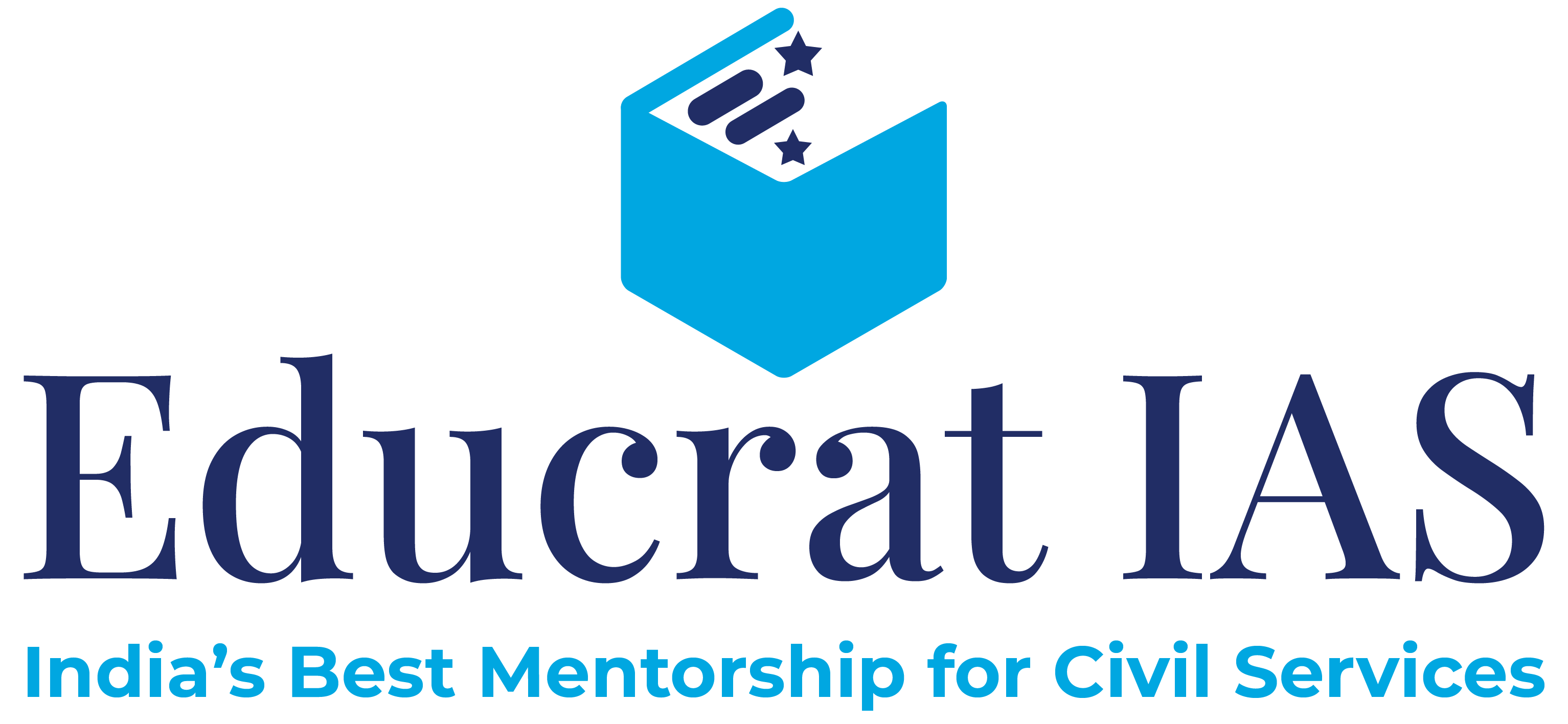Edtech Sector’s Self Regulation Bid
Edtech Sector’s Self Regulation Bid, a group of top companies in India’s fast-growing Edtech Sector recently took a step toward Self Regulation, establishing a set of standards to run their businesses.
Steps taken by the Edtech Sector implement Edtech Sector’s Self Regulation Bid
The companies have formed a collective — India EdTech Consortium — under the aegis of the industry body Internet and Mobile Association of India (IAMAI).
After the government declared that it was working on a policy to regulate the sector, the collective was founded.
About Edtech
EdTech (a combination of “education” and “technology”) refers to hardware and software designed to enhance teacher-led learning in classrooms and improve students’ education outcomes.
Prior to the pandemic, edtech was primarily concerned with the use of technical tools to improve learning results and expand access. It was an industry that had been steadily increasing for some time.
Covid-19 shut down schools, colleges, and universities, causing a tremendous push. As institutions, students, guardians, and authorities shifted to the digital paradigm, remote learning went from being a ‘modern’ option to being the sole option.
Four of the six Indian edtech businesses with valuations of $1 billion or more were founded in the last few years, demonstrating the industry’s recent growth.
Need for the Edtech companies to roll out Self Regulation
- The decision to self-regulate was prompted by rising concerns, which were repeated in Parliament, that many edtech companies were engaging in various forms of business malpractices to attract consumers.
- The government stepped in, creating a list of dos and don’ts for students and guardians considering enrolling in these organisations’ online courses.
- The companies were also warned against breaking the rules in the advise. The government had issued an alert warning people against enrolling in courses without first conducting thorough research, as many courses advertised as free turned out to be charged.
- Also, many customers had unknowingly signed up for loans arranged by these companies.
How does the collective plan to set things right?
- For their enterprises, the India EdTech Consortium has created a three-page code of conduct.
- The code is an attempt to address the government’s concerns; the majority of the sections refer to red flags that have been raised recently.
- BYJU’S, Careers 360, Harappa, TimesEdutech & Events Ltd, Scalar, Simplilearn, Toppr, upGrad, Vedantu, and WhiteHat Jr are among the companies that claim to have followed the maxim “what is told is sold.”
The code of conduct contains
- Apart from emphasizing openness and cautioning against deceptive advertising, the code of conduct states that organisations should only use legal names of qualifications such as MBA, BBA, and others in advertisements when they comply with UGC and AICTE norms.
- The rule states that statements made by Edu-tech companies about students attaining success by utilising their products must be “authentic with validated proof of effectiveness.”
- To provide credibility to the claim of success, every advertisement of successful candidates must substantiate the product or service they used.
- Industry players have been advised to follow the Advertising Standards Council of India’s self-regulation code.
- According to the rule of conduct, loans and other financing FAQs should be explicitly stated on the platform.
READ MORE: Daily Prelims Booster
READ MORE: Why Should You Join IAS As A Service




